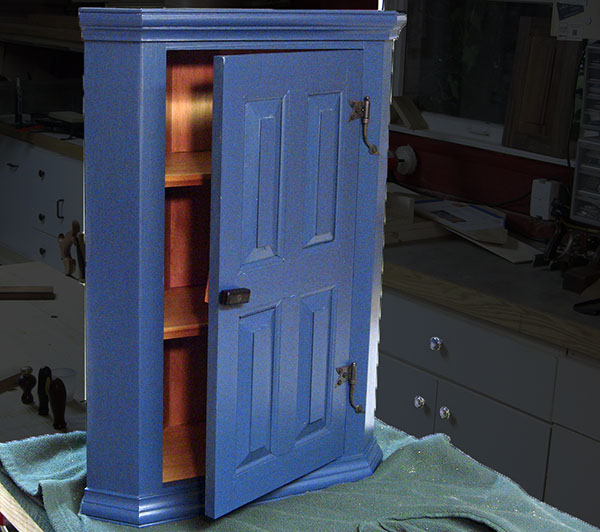
Learn to Make and Use a Story Stick to Master Long Bevels Necessary for this Colonial Corner Cabinet
Full Video Instructions plus so much more...
- Sketch Up Model
- Parts List
- Hand Tool School Community Access
- The Hand Tool School Tool Library & Sharpening Content
- Weekly Tip Videos
This Colonial Corner Cabinet is based on a southern "neat and plain" style. Specifically a cabinet I saw in the Shoemaker's shop in Colonial Williamsburg. It is a classic look and full of design and joinery challenges.
The skills covered in this build are extensive from case joinery like dados and rabbets to the coped and haunched mortise and tenon joints of the raised panel door. Not to mention the creation of long bevels needed to create the corner cabinet profile. And of course some lovely moulding profiles to dress up the case.
Get this Project for $50
get access to EVERYTHING in the school
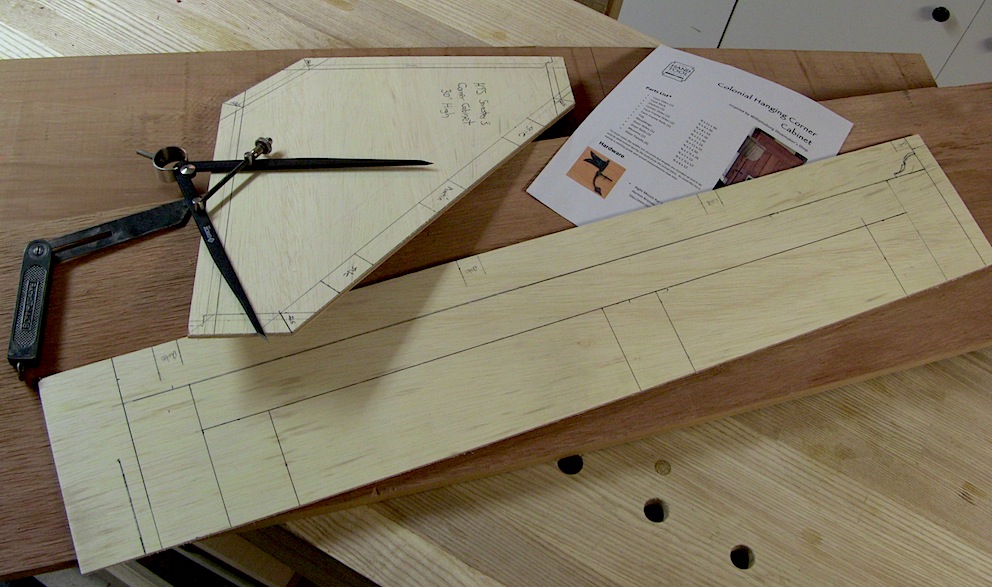
Part 1: The Story Stick
the 22.5 degree angles needed for this corner cabinet can confuse. Creating a story stick makes all the subsequent steps much clearer.

Part 2: Case Dados
Here we size all the case parts then layout and cut the rabbet and dado joinery. I highlight the dado plane here too.
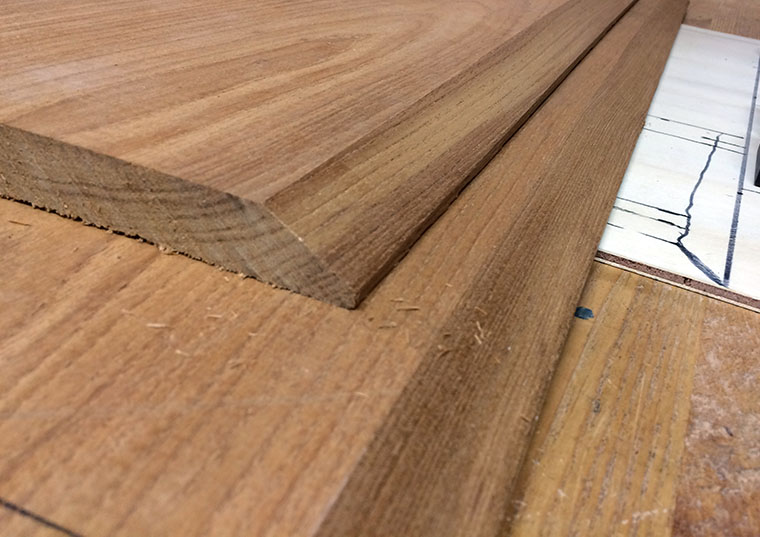
Part 3: Corner Bevels
To make this fit in the corner we need to create long 22.5 degree bevels. This part covers it all with your trusty hand plane.
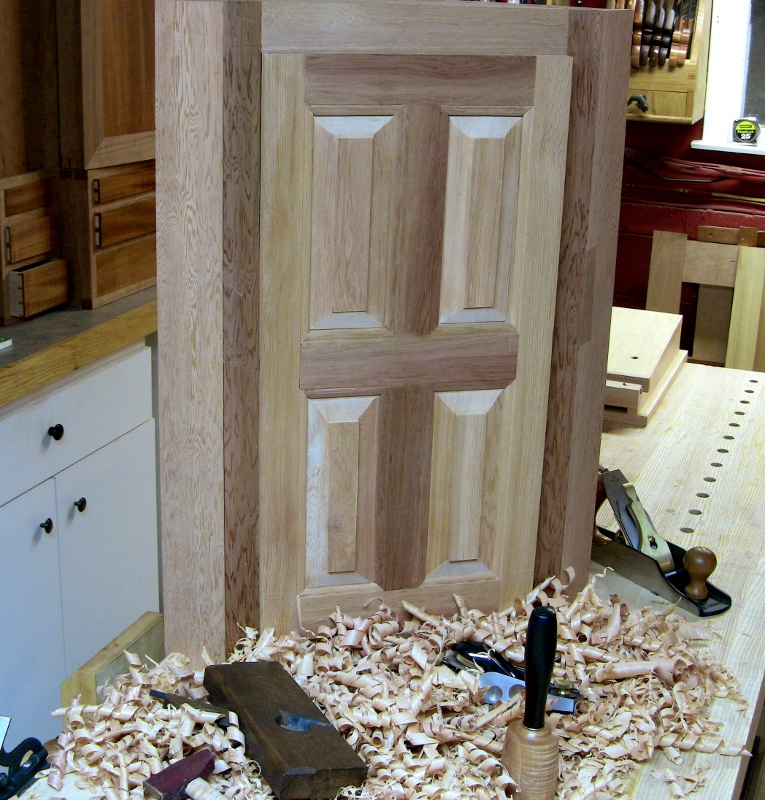
Part 4: Raise Panel Door
We complete the face frame and create a cope and stick, raised panel door.
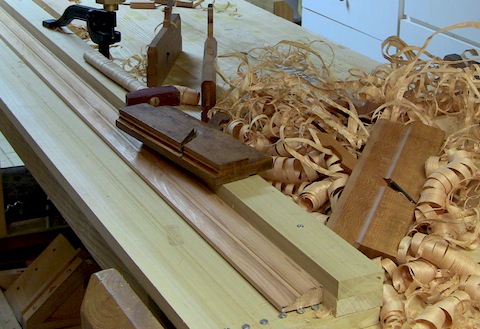
Part 5: Mouldings
The final decorative element is a great complex profile moulding using hollows & rounds.
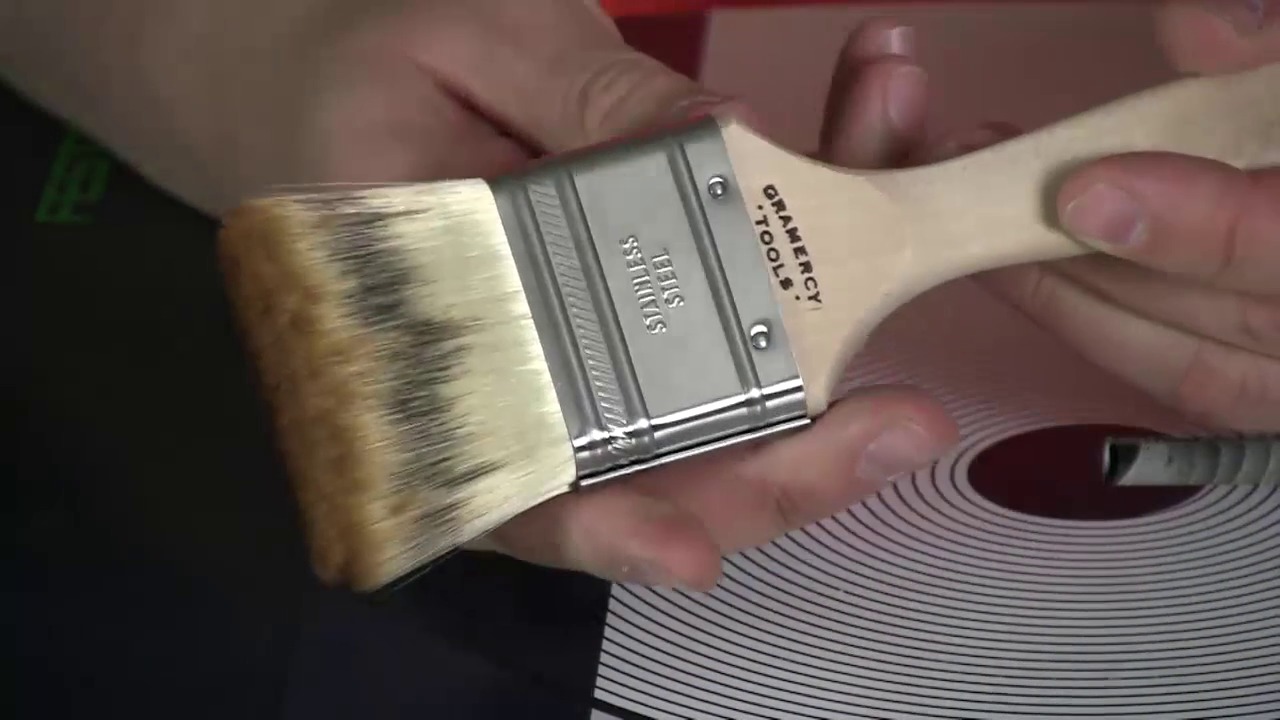
Part 6: Milk Paint Finish
We prepare all the surfaces and apply a Milk Paint finish with a brush.
As Usual, we build it all with hand tools...
No electrons were harmed during the building of this cabinet. The bevels are done with a Jack plane. Frame and panel with haunched and coped mortise and tenons done with saw and chisel. Finally I apply a milk paint finish using a brush.